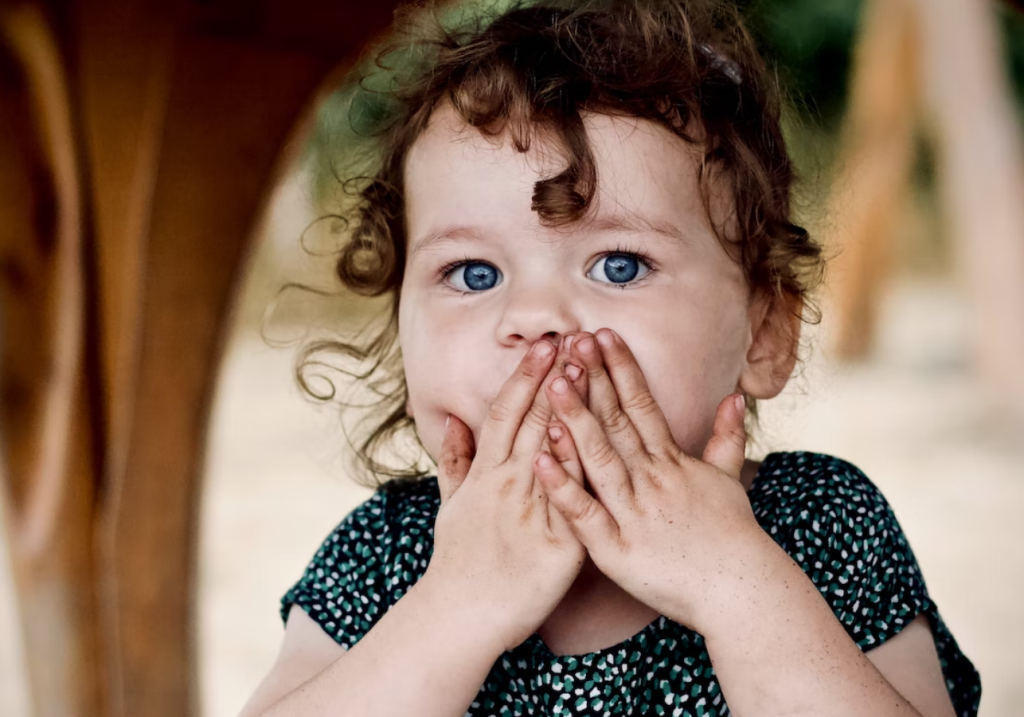New Study Says Parents Like When Kids Lie
A study conducted by the Journal of Moral Education found that parents reacted favorably when kids lied out of politeness.
This article is more than 2 years old

Most parents work hard to help their kids develop into successful young adults and, ultimately, adults. So kids who lie are frowned upon at home and school…or so we thought. But news of a recent study may turn that belief on its head.
The Journal of Moral Education recently published the details of a new experiment. Researchers were curious whether parents stand by their claim that they don’t like it when kids lie. So they conducted an experiment with 142 parents.
During the study, participants watched videos of different scenarios featuring child actors. Each one presented four different versions showing kids who tell the truth and kids who lie. However, it wasn’t quite that simple.
The kids who told the truth had two further categories. There were blunt truth-tellers and subtle truth-tellers. And the identical breakdown occurred for videos featuring kids who lie – subtle versus blunt.
Researchers asked parents to think about their reaction if the kids in the video were their own children. And according to Science Alert, “After each video, parents rated the child on characteristics such as trustworthiness, kindness, good behavior, competency, likeability, friendliness, intelligence, honesty, and warmth. They also gave points for how good a person they thought the kid was.”
The study’s findings were quite interesting. But they are probably not news to most parents. Researchers found that kids who lie generally received more negative feedback.
However, this wasn’t always the case. For example, parents reacted favorably to the scenarios showing kids who lied out of politeness. They weren’t pleased with kids who told the truth rather than being polite, no matter whether they did so bluntly or subtly.
In another scenario, parents asked one child to fess up about the location of their sibling who was in trouble. The kids who lied to protect their siblings received more negative reactions. But, again, that isn’t news for most parents.
What was very interesting was the remainder of the study, where parents had to rate the characteristics of the kids who told the truth and kids who lied. “Ratings of likeability tend to drop when a kid tells on their sibling, adding weight to the old adage that ‘no one likes a tattletale’. At the same time, however, tattletales in experiments were considered more trustworthy by adults.”
The study’s authors believe that kids can detect those subtle differences in their parents’ reactions. However, since the study only focused on the parent’s perspective, this conclusion is pure speculation. Further research is necessary to understand this relationship dynamic.
But some of the researcher’s conclusions offer some intriguing food for thought. They said, “Thus, although cultural mores dictate that lying is a negative behavior, a much more nuanced message is likely communicated to children engaging in prosocial lie-telling. While brutal honesty might elicit dislike, it may also engender a perception that the individual can be trusted – that one offering such a blunt assessment must be honest.”
Gaining a clear understanding of how this cultural dynamic plays out could be useful. It would help parents, doctors, and teachers approach their relationships with kids more thoughtfully. But it may also end up benefiting adult workplace relationships.




